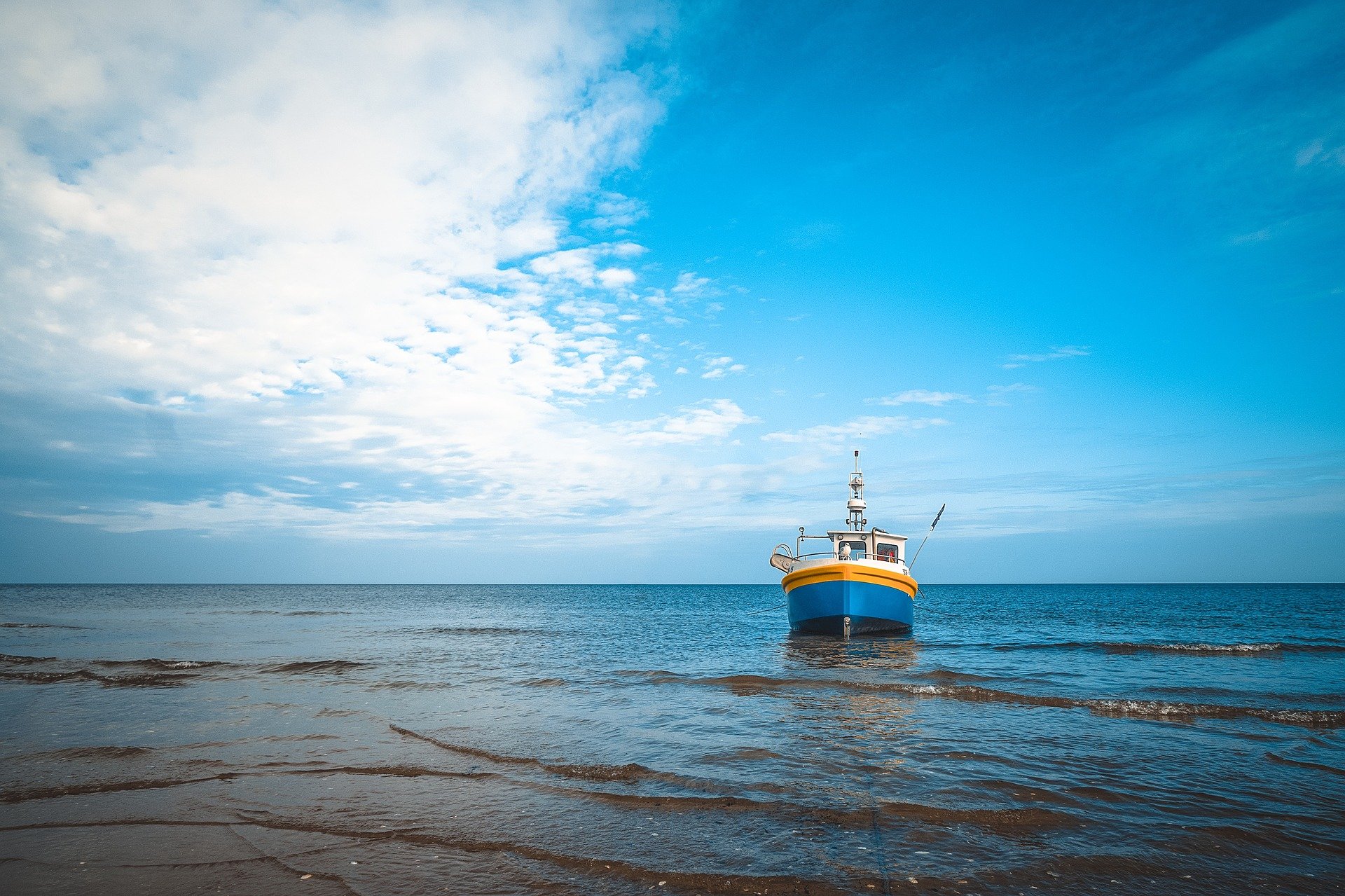Use of neonicotinoids on rice paddies linked to fishery collapse in Japan phys.org
posted by
 AkihabaraBot
|
6 years, 3 months ago
AkihabaraBot
|
6 years, 3 months ago

In their paper published in the journal Science, the team describes their study of fishery water quality data over two decades and what they learned from it.
Much more difficult is nailing down the indirect effects of chemicals such as those that are used in neonicotinoid pesticides.
In this new effort, the researchers started with the notion that it was likely the use of such pesticides that had led to sudden fishery collapse in Lake Shinji, Japan.
The reason for it was not known but many suspected it was tied to the use of neonicotinoid pesticides by nearby farmers—a new practice.
They conclude that the evidence strongly suggests it was the introduction of neonicotinoid pesticides into the lake environment that led to the die-offs.